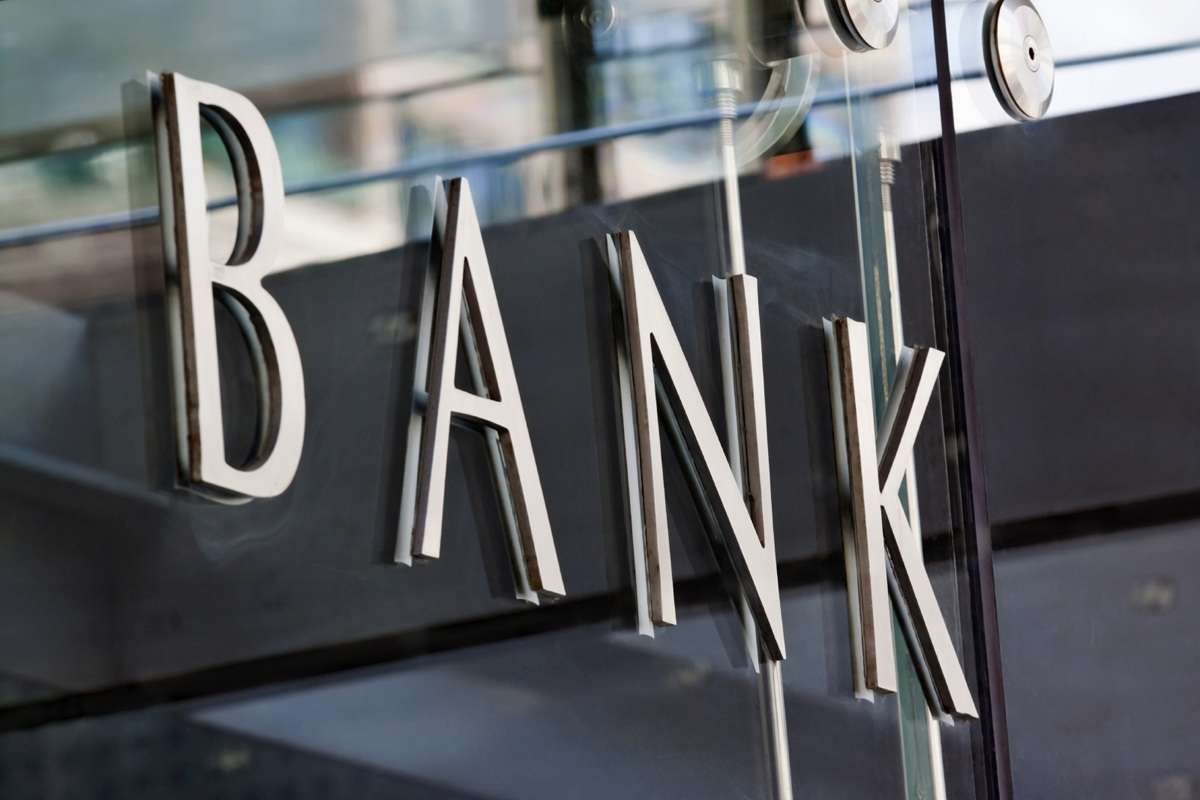The Federal Deposit Insurance Corporation (FDIC) protects consumers daily from the will of financial institutions. However, banks can still manage to misinform their customers. Below are some common examples of ways your bank may try to circumvent your rights:
- Hidden Fees – undisclosed or concealed fees for maintaining accounts, balance transfers, cash advances, and other financial transactions.
- Late Fees – banks may set payment due dates on non-business days to collect late fees and interest on technically past-due payments.
- Rate Misrepresentation – Misrepresenting credit card’s annual percentage rate (APR) or the APR applied to balances transferred from your accounts.
- Misrepresenting Loan Rates– Misrepresenting a loan interest rate, or changing the interest rate over the life of the loan without notifying the borrower. This can double or triple a monthly payment.
- Doubling Loan Payments- doubling minimum monthly payments on loans for customers who have accepted a fixed rate offer.
When Banks Misinform Customers
There have been examples of banks being caught in the act of misinforming and misleading their customers. This has led to class action lawsuits being filed against these financial institutions.
Fifth Third Bank, Chase Bank, and American Express are three financial institutions that have all faced lawsuits due to misleading customers.
The Fifth Third Bank lawsuit, initially filed in 2012, accuses Fifth Third Bank of violating the Truth in Lending Act by deceiving customers about the APR on loans. The APR could be up to 15 times higher than Fifth Third’s initially stated.
In the Chase Bank lawsuit, Chase unilaterally changed the terms of the loans by increasing the monthly minimum payment from 2% to 5% of the loan balance. This more than doubled customers’ monthly payments.
Consumer Protection Attorneys
If a bank has misinformed you or someone you know, you deserve to have an experienced attorney. Our firm has experience representing consumers against financial institutions that have misled them through misleading information.
Our firm recently received preliminary approval on a $7 million class action settlement against a financial institution. We have also recovered millions of dollars for individuals in individual cases against financial institutions.
In cases against banks and financial institutions, we generally provide free consultations and handle issues on a contingency basis.
You can reach our firm’s attorneys by phone at (919) 526-0450 or by email through our contact page.






